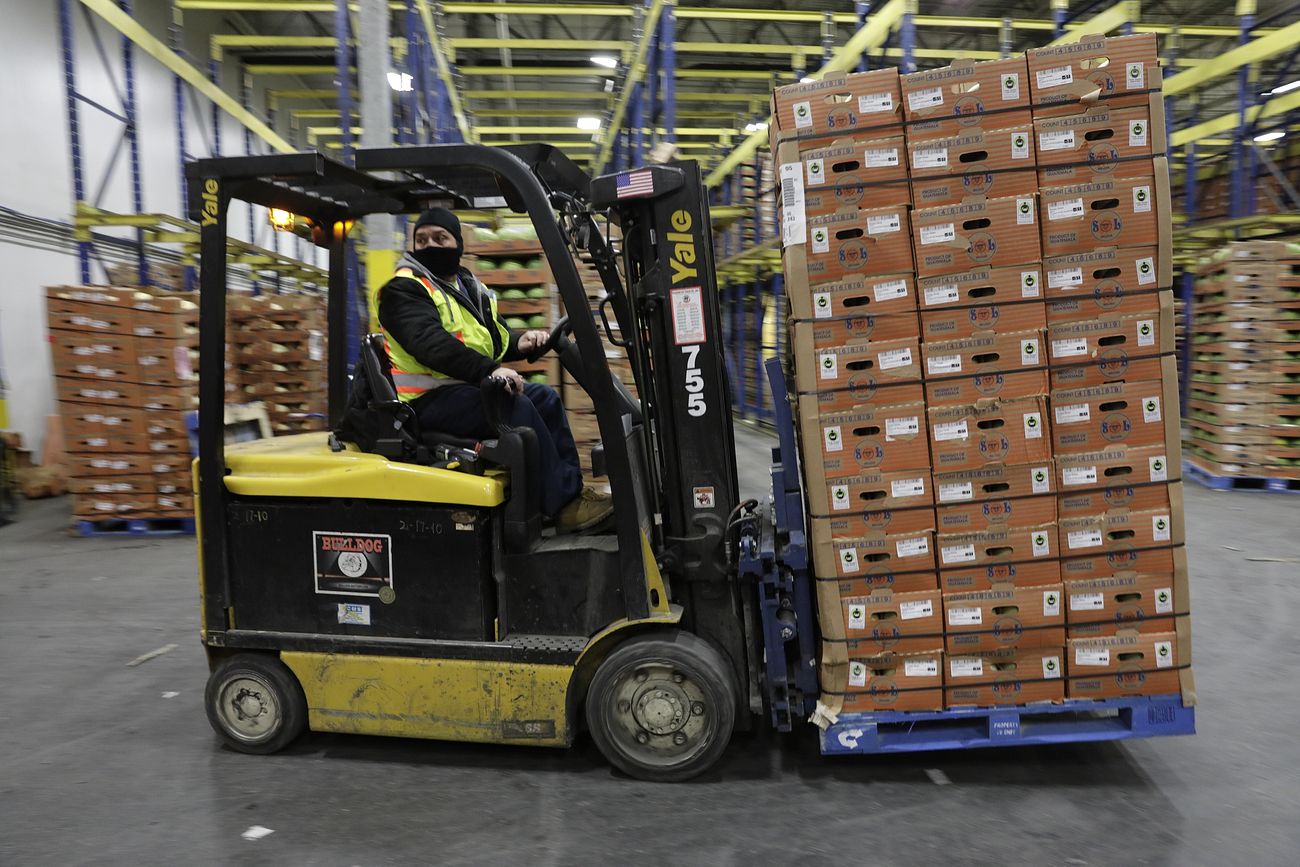
Forklift Operator Training: Ensuring Safety and Efficiency
Forklift Operator Training : In today’s industrial landscape, forklifts play a crucial role in material handling and warehouse operations. However, the operation of these powerful machines requires specialized skills and knowledge to ensure both safety and efficiency. In this comprehensive guide, we will delve into the world of forklift operator training, exploring why it’s essential, what it entails, and how it benefits businesses.
Introduction
Forklifts, often referred to as powered industrial trucks, are indispensable tools in a wide range of industries. They streamline material handling processes, significantly increasing productivity. However, the improper use of forklifts can lead to accidents, injuries, and even fatalities. This is where forklift operator training comes into play.
The Importance of Forklift Operator Training
Enhancing Safety
The paramount reason for forklift operator training is safety. Operating a forklift without proper training can be dangerous not only for the operator but also for those working in the vicinity. Training ensures that operators understand the potential hazards and how to mitigate them.
Boosting Efficiency
Efficiency is another significant aspect of training. Skilled operators can handle loads more efficiently, reducing the risk of damage to goods and increasing overall productivity.
OSHA Regulations and Compliance
The Occupational Safety and Health Administration (OSHA) has established strict regulations regarding forklift operation. Employers must comply with these regulations to avoid penalties and ensure a safe working environment.
The Training Process
Classroom Instruction
Forklift operator training typically begins with classroom instruction. This phase covers theoretical knowledge, safety guidelines, and the basics of forklift operation.
Hands-On Training
After classroom instruction, trainees move on to hands-on training. This is where they get behind the wheel and practice their skills under the guidance of an experienced instructor.
Evaluation and Certification
Upon successful completion of training, operators are evaluated and, if deemed competent, receive certification. This certification is a testament to their ability to operate a forklift safely and efficiently.
Types of Forklifts
Forklifts come in various types, each designed for specific tasks. These include counterbalance forklifts, reach trucks, and pallet jacks. Training programs often cover the operation of different forklift types to ensure versatility among operators.
Safety Measures and Best Practices
Load Handling
One of the critical aspects of forklift training is proper load handling. This includes understanding load capacities, weight distribution, and safe loading and unloading procedures.
Maneuvering Techniques
Operators are trained in precise maneuvering techniques to navigate tight spaces, corners, and loading docks with precision.
Pre-operation Checks
Thorough pre-operation checks are essential to ensure the forklift’s safety and functionality. Training covers the inspection of brakes, tires, hydraulics, and other vital components.
Benefits of Proper Training
Reduced Accidents
Proper training significantly reduces the likelihood of accidents, protecting both operators and bystanders.
Increased Productivity
Skilled operators work more efficiently, leading to increased productivity and reduced operational costs.
Compliance and Legal Protection
Compliance with training requirements ensures legal protection for businesses and reduces liability in the event of accidents.
Training for Specific Industries
Warehousing
Warehouses rely heavily on forklifts for material handling. Tailored training programs address the unique challenges faced by warehouse operators.
Construction
Construction sites often require specialized forklift training due to the rugged terrain and unique load requirements.
Manufacturing
Manufacturing facilities benefit from forklift training that emphasizes precision and efficiency.
Cost Savings and Reduced Liabilities
Investing in forklift operator training may seem like an expense, but it pays off in the long run. Reduced accidents and improved efficiency lead to significant cost savings and reduced liabilities for businesses.
Choosing the Right Training Program
Selecting the appropriate training program is crucial. Consider factors such as accreditation, instructor expertise, and the curriculum’s comprehensiveness.
Training for Experienced Operators
Experienced operators also benefit from ongoing training. Advanced courses help them stay updated on the latest industry trends and safety practices.
The Future of Forklift Training
As technology advances, forklift training is likely to incorporate virtual reality simulations and other innovative methods to enhance learning and skill development.
Case Studies: Successful Training Implementations
Explore real-world examples of businesses that have implemented forklift operator training with remarkable results.
Mining Safety Training
Construction Health and Safety Training
Occupational Health and Safety (OHS) Training
Frequently Asked Questions
- Is forklift operator training mandatory?
- Yes, OSHA mandates training for all forklift operators to ensure safety in the workplace.
- How long does forklift operator training typically last?
- The duration of training can vary but often ranges from a few days to a few weeks, depending on the program.
- Can forklift training be customized for specific industries?
- Absolutely. Many training programs offer industry-specific modules to address unique needs.
- What are the common causes of forklift accidents?
- Forklift accidents often occur due to factors like improper training, inadequate maintenance, and operator negligence.
- Is recertification required for forklift operators?
- Yes, operators must undergo periodic recertification to ensure they remain competent and up-to-date with safety regulations.
Conclusion
Forklift operator training is a fundamental aspect of ensuring safety and efficiency in the workplace. By investing in comprehensive training programs, businesses not only protect their employees but also improve their bottom line. As industries evolve, the future of forklift training holds exciting possibilities, promising even safer and more efficient operations.
























